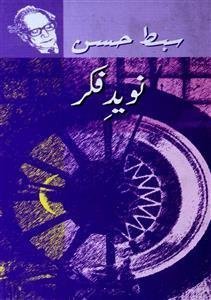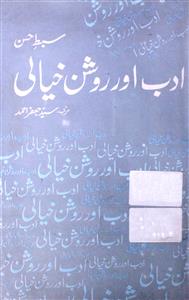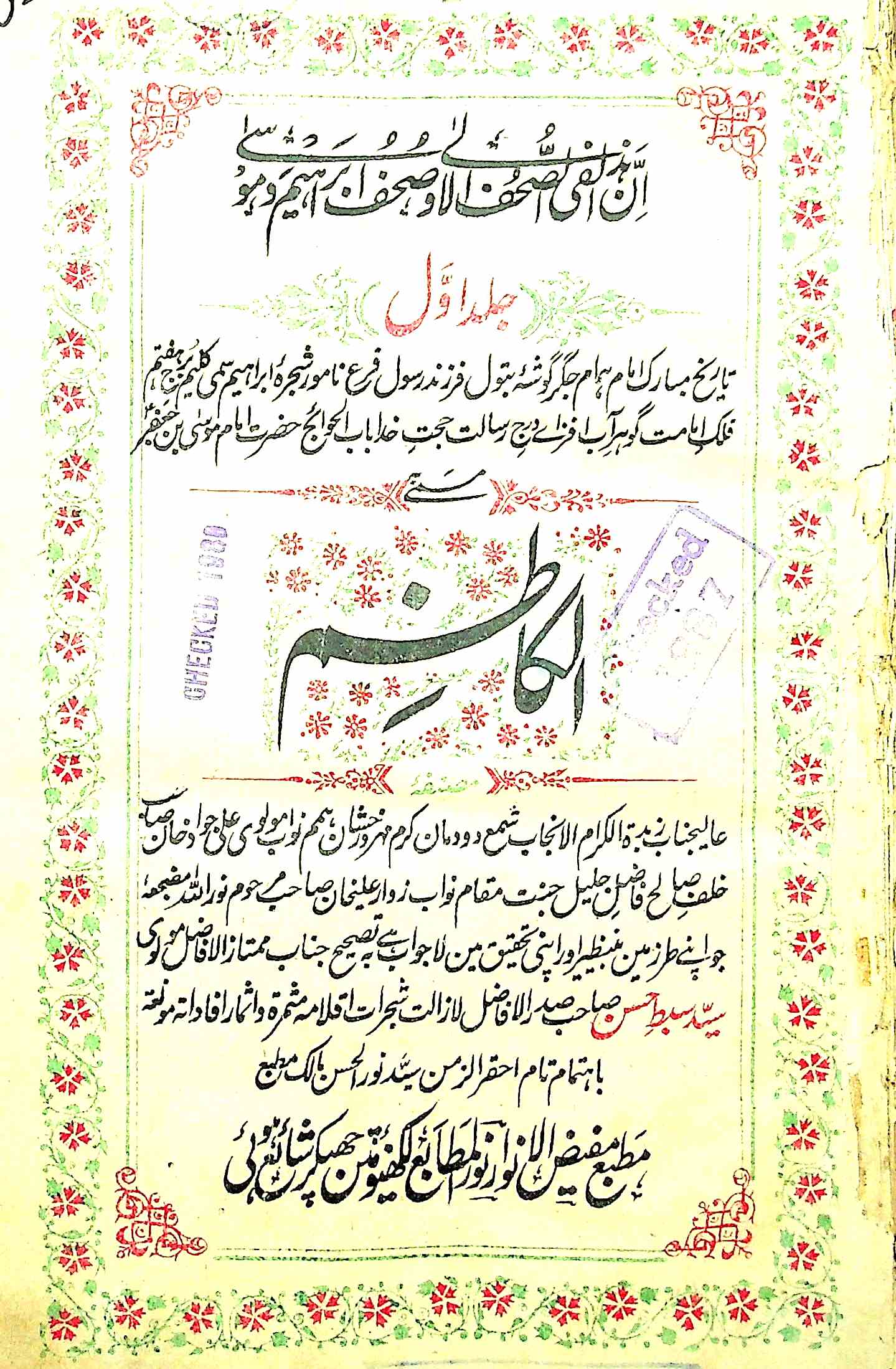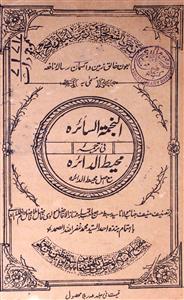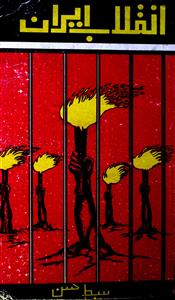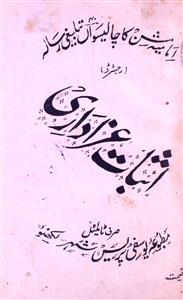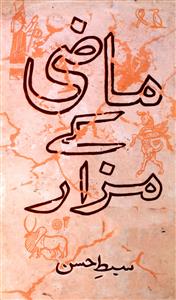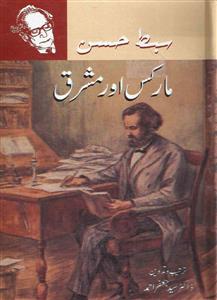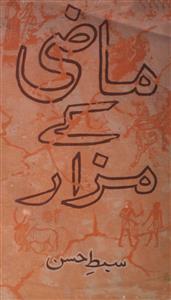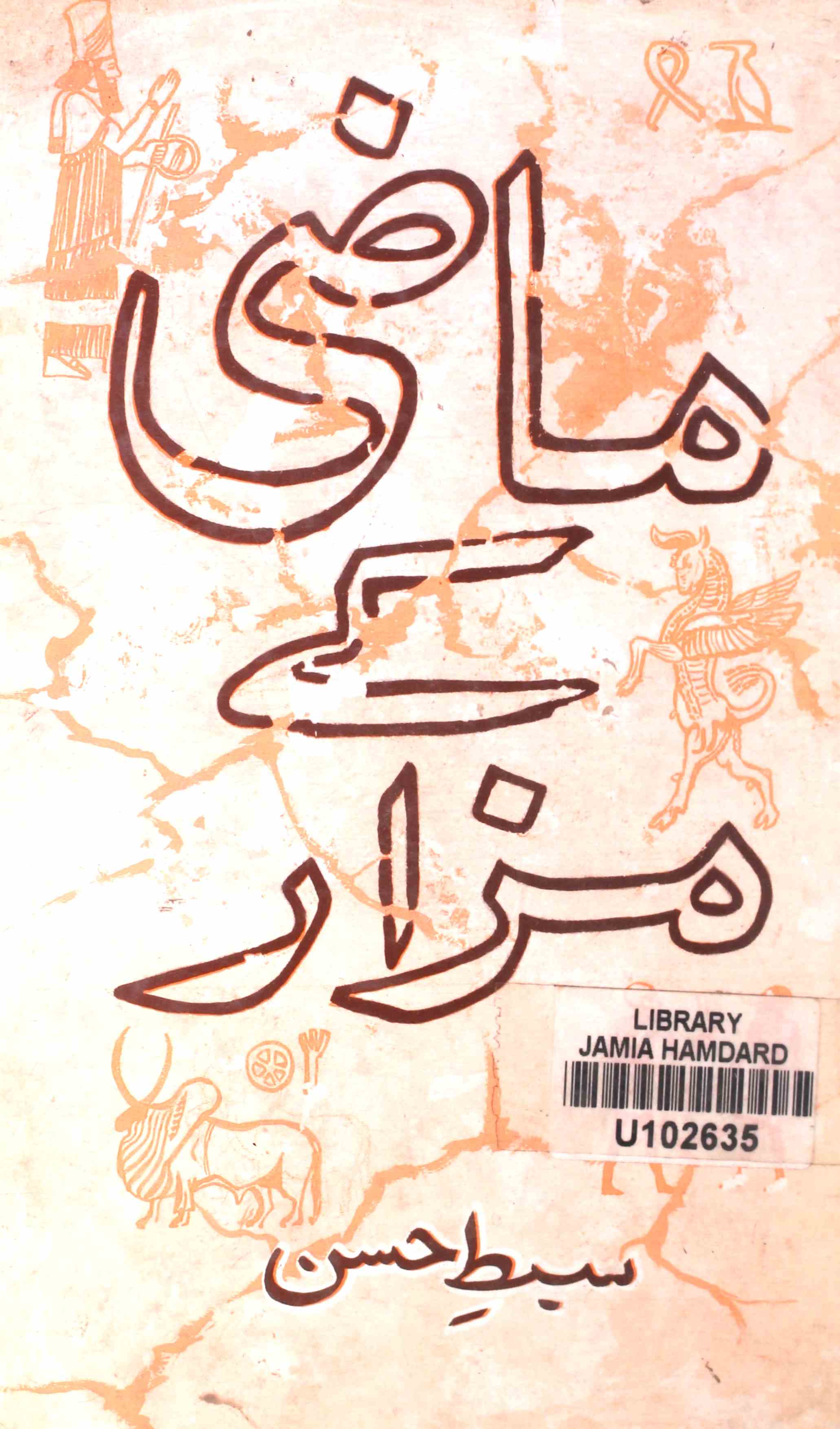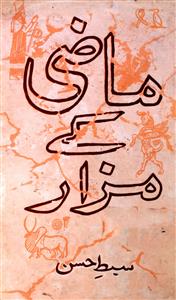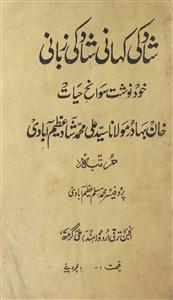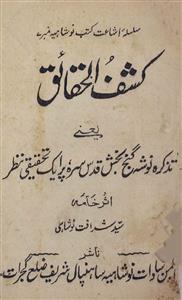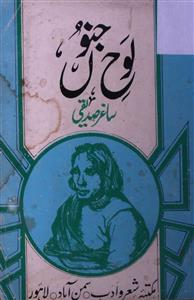 For any query/comment related to this ebook, please contact us at haidar.ali@rekhta.org
For any query/comment related to this ebook, please contact us at haidar.ali@rekhta.org
About The Book
"نوید فکر" سبط حسن کے خالص علمی و فکری مضامین کا مجموعہ ہے۔ بنیادی نفس مضمون نظام سلطنت کا تاریخی ارتقا (تھوکریسی سے سیکولرزم) پر مشتمل ہے۔ خصوصی طور پر ہندوستان اور مشرق وسطیٰ میں سیکولرزم کی ابتدا اور شروع میں اس نظام کو جاگیرداری نظام اور مذہبی حلقوں سے درپیش مسائل پر سیر حاصل بحث کی گئی ہے۔ نیز تھیو کریسی کیا ہے؟ اسلامی ریاست کس کو کہتے ہیں؟ سیکولر ازم کیا لادینیت ہے؟ کیا شاہ عنایات شہید سوشلسٹ تھے؟ سبط حسن نے تاریخی حقائق کی روشنی میں تمام سوالوں سے نہ صرف پردہ ہٹایا ہے۔ اور یہ سب عام فہم زبان میں نہایت خوبصورتی سے ہوا ہے۔ بہر حال پڑھنے کے لئے ایک بہترین کتاب ہے۔ یہ کتاب یا مضامین تاریخ کو متبادل نظر سے دیکھنے میں بہت معاون ثابت ہونگے۔
About The Author
Syed Sibte Hasan was born on 31st July 1912, in Aligarh. He was a graduate of Aligarh Muslim University and his colleagues included Ali Sardar Jafari, Asrar-ul-Haq Majaz, Khawaja Ahmad Abbas, Akhtarul Iman, and Akhtar Hussain Raipuri. Around the same time, under the leadership of Sajjad Zaheer, they started the progressive movement which soon became the most influential and acclaimed literary movement in Urdu.
Syed Sibte Hasan started his career in journalism and was associated with distinguished magazine and newspaper houses such as Payaam, Naya Adab, and National Herald. After the formation of Pakistan, he settled in Lahore, where in 1957 he issued the weekly ‘Lail-o-Nahaar’ under the auspices of Miyan Iftikharud Din. When Miyan Iftikharud Din's institution was forcibly taken over by the government of President Ayub Khan, Sibte Hasan resigned from its administration and moved to Karachi in 1965. In Karachi, Syed Sibte Hassan spent most of his time writing and composing, during which he presented pure scholarly and intellectual works such as ‘Maazi Ke Mazaar’, Muusa Se Marx Tak’, ‘Pakistan Mein Tahzeeb Ka Irtiqaa’, and ‘Inqilab-e-Iran’. He also published a literary journal named ‘Pakistani Adab’ from Karachi, in 1975.
The Golden Jubilee of the Progressive Movement was celebrated in London in August 1985, in Karachi in March 1986, and in Lucknow in April 1986. Syed Sibte Hasan played an active role in all three events. He had come to India for the final congregation when he died on 20th April 1986 in Delhi. He is laid to rest in the Sakhi Hassan cemetery in Karachi.
 For any query/comment related to this ebook, please contact us at haidar.ali@rekhta.org
For any query/comment related to this ebook, please contact us at haidar.ali@rekhta.org
